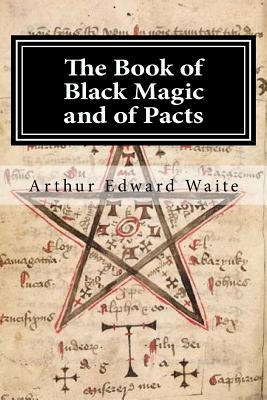
- We will send in 10–14 business days.
- Author: Arthur Edward Waite
- Publisher: CreateSpace Independent Publishing Platform
- ISBN-10: 151953129X
- ISBN-13: 9781519531292
- Format: 15.2 x 22.9 x 1.6 cm, minkšti viršeliai
- Language: English
- SAVE -10% with code: EXTRA
Reviews
Description
Arthur Edward Waite (2 October 1857 - 19 May 1942), commonly known as A. E. Waite, was an American-born British poet and scholarly mystic who wrote extensively on occult and esoteric matters, and was the co-creator of the Rider-Waite Tarot deck. As his biographer R. A. Gilbert described him, "Waite's name has survived because he was the first to attempt a systematic study of the history of western occultism-viewed as a spiritual tradition rather than as aspects of proto-science or as the pathology of religion."
EXTRA 10 % discount with code: EXTRA
The promotion ends in 21d.22:58:56
The discount code is valid when purchasing from 10 €. Discounts do not stack.
- Author: Arthur Edward Waite
- Publisher: CreateSpace Independent Publishing Platform
- ISBN-10: 151953129X
- ISBN-13: 9781519531292
- Format: 15.2 x 22.9 x 1.6 cm, minkšti viršeliai
- Language: English English
Arthur Edward Waite (2 October 1857 - 19 May 1942), commonly known as A. E. Waite, was an American-born British poet and scholarly mystic who wrote extensively on occult and esoteric matters, and was the co-creator of the Rider-Waite Tarot deck. As his biographer R. A. Gilbert described him, "Waite's name has survived because he was the first to attempt a systematic study of the history of western occultism-viewed as a spiritual tradition rather than as aspects of proto-science or as the pathology of religion."


Reviews